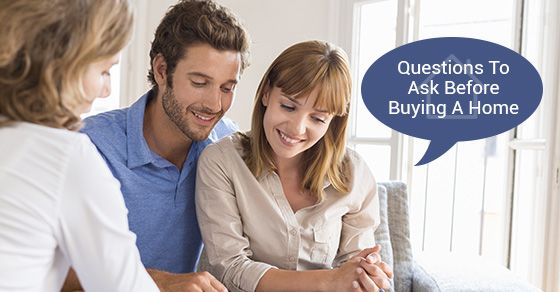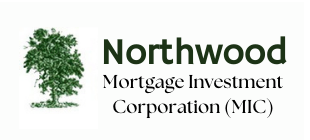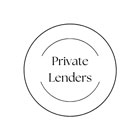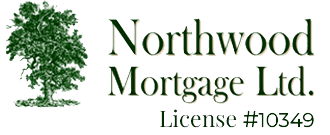Buying your first home is exciting and possibly one of the most monumental things you’ll ever purchase. So, there are some things you should know before signing on the dotted line.
-
How much will I be able to borrow?
Before even getting all jazzed up over buying your first home, know what you can afford – and that’s not just including the mortgage. Closing costs, among other fees, have to be taken into consideration as well. The best way to figure this out is to talk to people in the know, like a mortgage professional. They will help you get prequalified for a loan, taking into consideration all the extra costs. Getting your heart set on a particular property and finding out it’s out of your price range is very disappointing.
-
Am I really ready for this?
Home ownership comes with a lot of responsibilities. If something breaks, you need to fix it or hire someone who can. You’ll have to pay taxes. You’re responsible for yard maintenance. These responsibilities and more are what separate owning a home from renting. Weigh the pros and cons of your particular situation.
-
Mortgage repayment
Are the terms of your loan what you’d hoped for? Different types of loans have different advantages. Again, sitting down with people in the know will help you decide what type of loan is best for you.
-
What about a deposit?
First time homeowners should aim for at least five per cent of the purchase price of the home. A five per cent loan will need to be secured by Canada Mortgage and Housing Corporation (CMHC). On Feb. 15, the minimum down payment increased from five to 10 per cent for a house priced above $500,000. The minimum five per cent down payment for properties up to $500,000 stayed the same.
-
Related costs
Costs outside of your mortgage payments should be considered. Think of things like closing costs, lawyer’s fees, taxes, prorated bills, appraisal fees and insurance, among others.
-
My budget as a homeowner
You’ll have to ascertain your living expenses as a homeowner. Will you have enough in the case of an emergency? You don’t want to get into financial trouble. Sit down and create a budget before starting on your home hunt.
Asking yourself these questions will help you to make the best decision when it comes to buying a home.






































